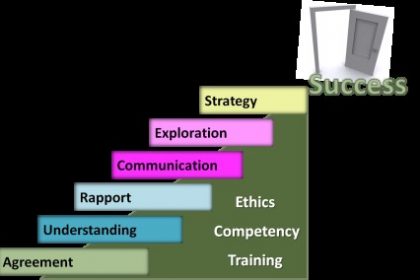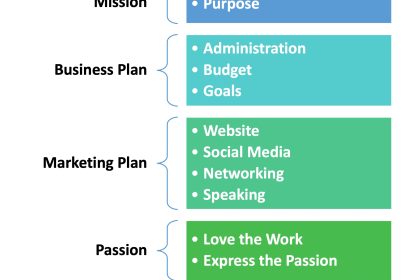 When someone is externally motivated it means their actions serve what someone else wants or they are avoiding a consequence. External motivation gets a short term result. When someone is internally motivated it means they are doing something because of their own values or interests. Internal motivation serves a long term result.
When someone is externally motivated it means their actions serve what someone else wants or they are avoiding a consequence. External motivation gets a short term result. When someone is internally motivated it means they are doing something because of their own values or interests. Internal motivation serves a long term result.
During coach training an example is given of a client that is doing something because someone else will like the outcome. For example, dieting and exercising so that someone else will find them more attractive. An example in the workplace is doing tasks to avoid getting yelled at or even fired. In both these examples the commitment for follow through is limited.
To create awareness and support a long term result, coaches are taught to ask questions that explore a client’s internal motivation. For example:
- What does it mean to you personally?
- How will you feel about it?
- What are your internal thoughts?
- How is it significant for you?
- How does it fit with your objectives?
- How does it align with your values?
- What is important for you?
From the examples given above, the client who is exercising and dieting will begin to explore feeling confident, having energy, and fitting into their clothes comfortably. The client doing tasks will explore their learning, augmenting their resume, demonstrating their skills, and enhancing how they are perceived. In both cases the commitment for follow through is enhanced.
What motivates you?





